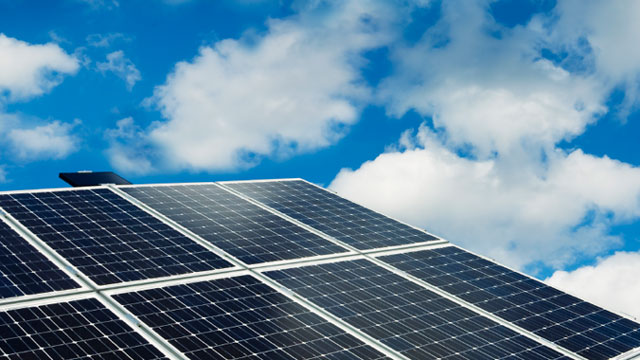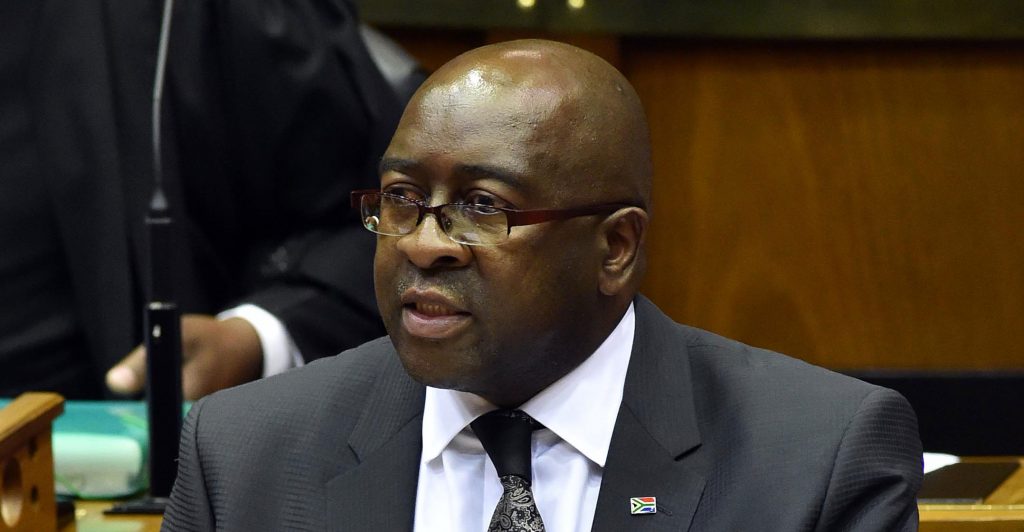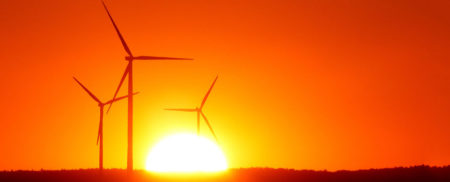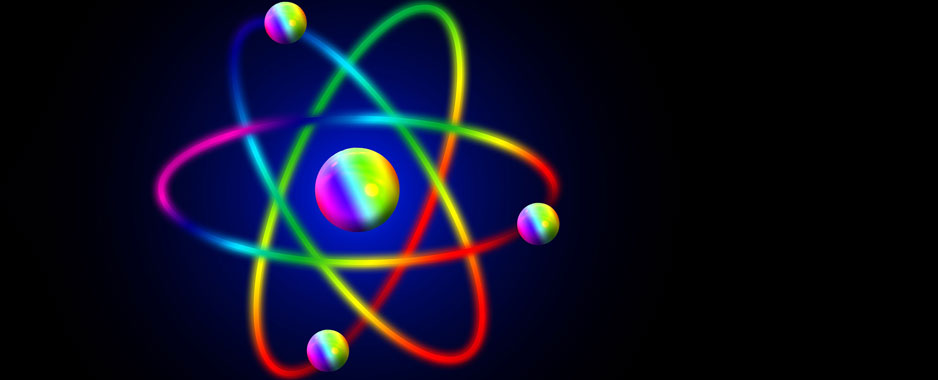
Solar Capital, the renewable energy company behind the largest solar farm ever completed in the southern hemisphere, Africa and the Middle East region, has committed to spending over R500m on community building projects in De Aar and within a 50km radius of the solar farm facility.
It’s a move that has already begun to show how the department of energy’s Renewable Energy Independent Power Producer Procurement Programme — which allows for foreign investment in renewable energy and guarantees demand from Eskom for electricity that is generated — can stimulate the economies of ailing towns in South Africa.
Previously reliant on mining and agriculture, the De Aar economy now has a renewable energy facility around which economic activity can be driven.
“We are helping entrepreneurs and developing local programmes directed at helping the community to grow,” says Paschal Phelan, chairman of Solar Capital, adding that the town has already transformed in the short time that the company has been operating there.
“If you simply walk around, there’s a vibrant energy in the town, compared to the quiet place it was when we first arrived in 2009. There are now a copious number of small shops and there are also a few restaurants popping up in various locations.”
Among the initiatives is the free community Wi-Fi, where everybody in the town has access to the Internet. Phelan says almost R1m was spent on the project, which was started after he noticed areas in Cape Town with free Wi-Fi and thought school-goers and entrepreneurs in De Aar should be afforded the same luxury.
In 2015, Solar Capital ran an entrepreneurial programme where, after an extensive, nine-month course and competition, eight viable enterprises ranging from local waste recycling to ostrich farming, and led by rural entrepreneurs, were selected and are now being supported with business skills and financial aid to grow and develop further.
There is also a community centre where young people can get computer literacy training, while a R1,5m community development worker programme is designed to strengthen coordination between services provided by government and access to these services by typically disadvantaged communities.
The company has also a Healthy Mother Healthy Baby programme, which has made strides in reducing the incidence and impact of foetal alcohol syndrome, which is among the biggest challenges faced by government in the province, according to Northern Cape health MEC Mac Jack.
Starting in January last year, R24m will have been spent on De Aar’s development projects by the end of 2016 and Phelan says this will be ongoing expenditure moving forward.
“These programmes are annual and ongoing programmes. And we are constantly looking at other programmes that can improve lives. Our next objective is to find a way to build schools and improve the education system within the area.”
Solar the way to go
Solar Capital has 26 different farms located in the Northern Cape. Due to the exceptionally high levels of solar radiation that the region experiences, extensive amounts of unused land and a high unemployment problem, it is the perfect for harvesting the sun’s energy.
“We have in access of 2 000MW on our farms ready for installation and a plan of 200MW/year from then onwards.”
Speaking at the solar facility’s launch on Thursday, energy minister Tina Joemat-Pettersson said she wants to see the Northern Cape become the solar energy capital of the world, and would like 16GW of solar electricity to be produced in the province.
Solar farms only start producing power at 7.30am and stop at 6pm when the sun goes down, but Phelan says plans are already in motion to manufacture solar batteries in the Northern Cape, adding that the price of batteries had gone from US$2 000 (about R30 500) three years ago to $300 (R4 500).
“The price of batteries has gone down. The battery business is doubling every year…. So it’s all about timing,” he says.
- The writer was a guest of Solar Capital in De Aar




